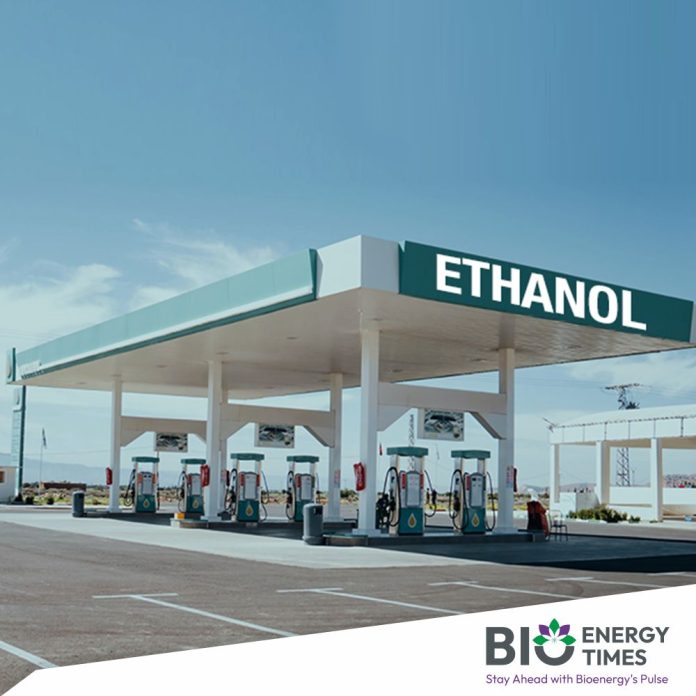In June, the Philippines started permitting fuel retailers to blend gasoline with up to 20 percent ethanol (E20), positioning its biofuel policy among the most advanced globally. To strengthen the partnership between the U.S. ethanol sector and the Philippines in anticipation of growing demand, the U.S. Grains Council (USGC) and Illinois Corn facilitated a visit for Filipino government officials. This trip aimed to provide a firsthand look at the U.S. ethanol value chain and its quality.
Caleb Wurth, USGC Regional Director for Southeast Asia and Oceania (SEA&O), remarked, “The Philippines’ decision to adopt a discretionary E20 blend rate represents a significant advancement that will benefit consumers and promote a cleaner environment. I hope this serves as a model for other nations to follow.” He added that this initiative will enhance the relationship between the Philippines’ transportation sector and U.S. ethanol producers capable of meeting the new demand.
Accompanying Wurth in Illinois were Chris Markey, USGC Deputy Regional Director for SEA&O, USGC Consultant Kent Yeo, and 11 representatives from the Philippines National Biofuels Board. Their agenda included high-level meetings and tours of farms, ethanol plants, and retail fuel stations. The National Biofuels Board, which provides policy recommendations on biofuel usage, supported the decision to allow up to E20 blending, building on the nationwide E10 mandate introduced in 2013.
The visit began with a presentation on U.S. corn’s quality and sustainability benefits at the University of Illinois Urbana-Champaign’s bioprocessing research laboratory. The delegation then visited Illinois Corn’s headquarters, where they learned about the organization and discussed the human health benefits of higher ethanol blending rates with representatives from the American Lung Association.
Collin Watters, Director of Exports & Logistics at the Illinois Corn Marketing Board, expressed enthusiasm about the visit, stating, “The delegation’s engagement only heightens the excitement about the future of the Philippines’ ethanol sector. I’m confident this mission will lead to significant advancements in our partnership with the Philippines.”
The following day, the group met with Chris Gould from the Illinois Corn Growers Association at his family farm in Maple Park, IL. They observed on-farm practices used by U.S. corn farmers to improve yield and sustainability. The delegation also toured the facility of a leading ethanol producer to learn about innovative technologies, production processes, and products aimed at decarbonizing production and enhancing octane and nutritional content.
The week concluded with a visit to the University of Illinois Chicago’s Energy Resources Center, where participants attended presentations on biofuels’ carbon emission reduction capabilities, ethanol-blended gasoline’s octane levels, and vehicle compatibility with mid and high-level ethanol blends.
Wurth added, “The insights gained and relationships established during this mission will support the Philippines’ efforts to implement E20 commercially and potentially expand its nationwide ethanol mandate. This will benefit consumer welfare and significantly reduce on-road GHG emissions.” He expressed gratitude to Illinois Corn and the University of Illinois for their contributions to raising awareness of U.S. ethanol’s climate-friendly attributes and fostering U.S.-Philippine climate cooperation.
The Philippines has been a significant buyer of U.S. ethanol since instituting an E5 mandate in 2009, which boosted local production and the demand for imported U.S. ethanol. In 2023, the Philippines imported approximately 55 million gallons of U.S. ethanol, representing 85 percent of all ethanol imports and 40 percent of the country’s total ethanol demand. A nationwide E20 mandate would increase the Philippines’ annual ethanol demand to 360 million gallons.
To read more about Ethanol Industry News, continue reading BioEnergyTimes.com















